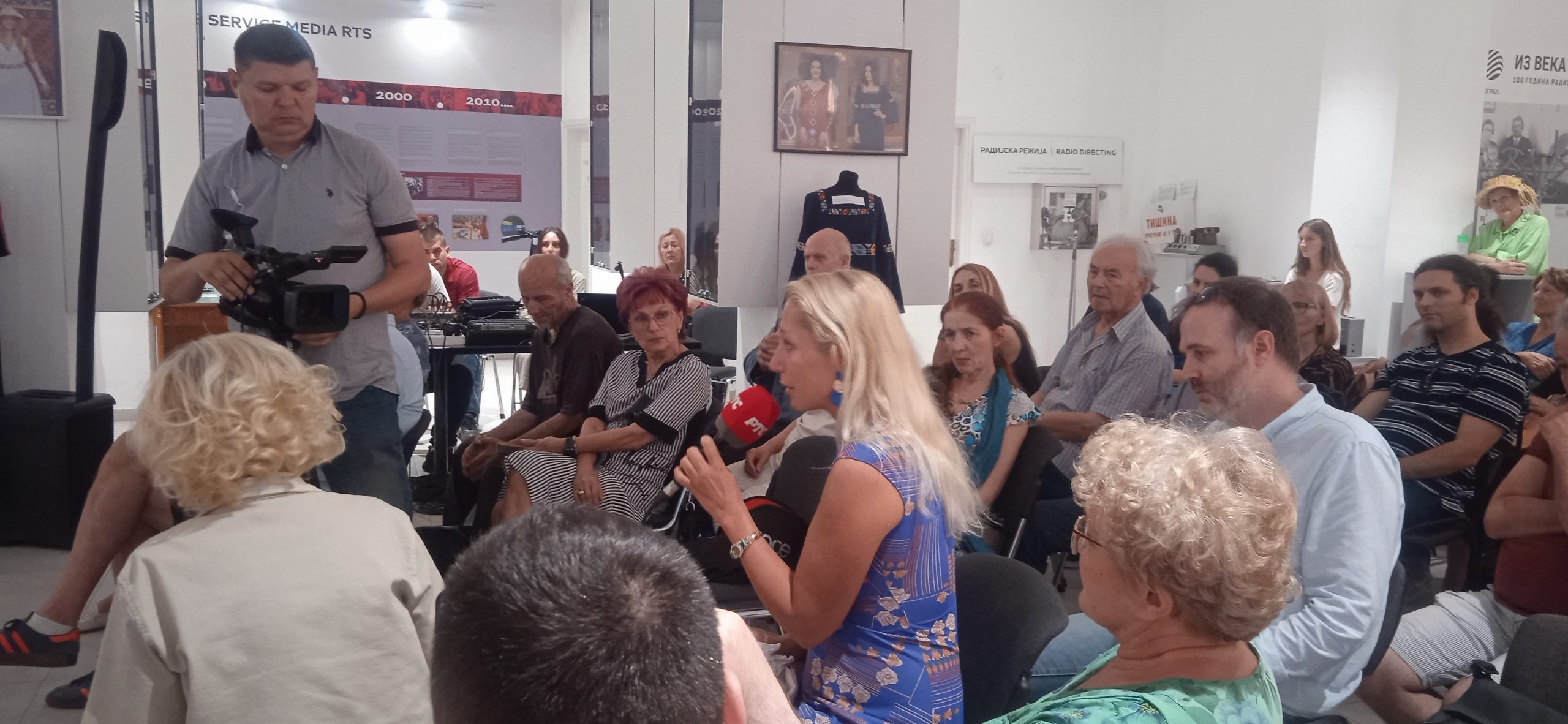A new discovery in Pompeii shows practices from secret religious rituals

Archaeologists in Pompeii discovered rare murals of almost real size during the week, offering a new view of religious practices in the ancient Roman city before being destroyed by the Vesuvius volcano in 79 AD.
The discovery includes a large frieze that covers three walls of a banquet hall, presenting bright images of the rituals of dedication to the followers of Dionysius – the ancient Greek god of wine, fertility, theater and religious ecstasy.
The rituals of dedication, known as the « Mysteries of Dionysius, » are secret religious rituals dedicated to God, promising spiritual enlightenment and probably a blessed beyond life.
A new discovery in Pompeii: The nice Elena and more heroes from the Trojan War
The frescoes, dating from 40-30 BC, present bright images of Dionysus followers in ritual ecstasy, dancing and hunting, resembling the murals of the nearby villas of the mysteries opened 100 years ago.
The secrets of the ancient Romans
« In 100 years, today it will be remembered as historical because the discovery we present is historical, » said Italian Culture Minister Alessandro Julie, who attends the opening of the frescoes.
According to the Minister, Fresca is « a testimony to the lesser known aspects of ancient Mediterranean life. »
The giant hairdresser illustrates Dionysus' follower as dancers and fierce hunters wearing a slaughtered goat on their shoulders or holding a sword and the insides of an animal in their hands.
In the center is a fresco of an elegantly dressed woman who is probably waiting to be dedicated to the mysteries.
The upper frieze depicts alive and sacrificed animals, including deer, fresh gutt boar, roosters and fish.
Researchers interpret the contrast between them as an expression of the dual nature of Dionysian worship, combining fun with the primary victim.
| « The question is what you want to be in life, a hunter or a prey, » said Pompey Gabriel Tsuchtrigel Director. |
« Regio IX »
Once the thriving city of Pompeii and its surroundings in southern Italy were buried by the ashes of the eruption of Vesuvius volcano, killing thousands of Romans who had no idea they were living next to one of the largest volcanoes in Europe.
The luxury life in Pompeii seen through the splendor of newly opened baths
The archaeological site covers approximately 66 hectares, with about 44 ha of the city completely excavated. Current studies are being conducted in an area known as « Reggio IX », which began in early 2023. More than 50 rooms have been excavated so far.
Fedra's house: Archaeologists have revealed new wonderful frescoes in Pompeii (video)
Some of the recent discoveries include a black salon depicting scenes from the Trojan War, a vast complex of bathrooms and a fresco that depicts a dish that is probably the precursor to the Italian pizza.












